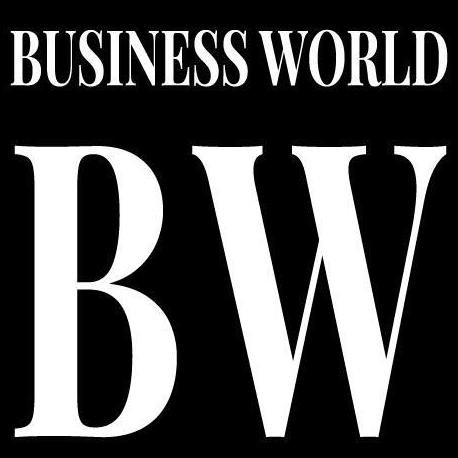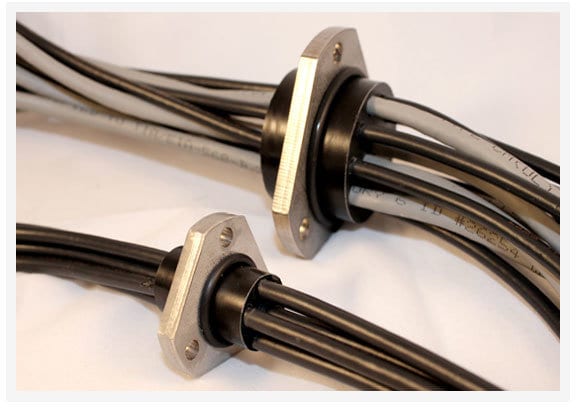Japanese business confidence worsens – 9Finance
Confidence among large Japanese manufacturers fell sharply in March due to a tax hike and the novel coronavirus crisis, the Bank of Japan’s Tankan survey showed on Wednesday.
The index for the quarterly survey slid to minus 8 from zero three months ago, falling into the negative for the first time in seven years, as the coronavirus has continued to spread across Japan.
A negative number indicates pessimists outnumber optimists.
Japan’s average household spending declined for the fourth month in a row in January after Prime Minister Shinzo Abe’s government raised the country’s consumption tax from eight per cent to 10 per cent on October 1 despite weak consumer spending.
Large manufacturers expected the index to fall further to minus 11 in the next quarter, according to the survey.
Abe warned on Saturday that Japan has to brace itself for a “prolonged battle” against the coronavirus, while vowing to come up with the “largest-ever” stimulus packages to fight the fallout from the crisis.
Sentiment among medium-sized manufacturers dropped to minus 8 from plus 1 in December while the index for small manufacturers fell to minus 15 from minus 9, according to the survey.
The index of large non-manufacturers’ sentiment plunged to plus 8 from plus 20, for the third straight quarter of decline, the survey showed.
Large corporations in the manufacturing and non-manufacturing sectors expected their investment to edge up 1.8 per cent for the new financial year starting Wednesday from the previous year, the survey showed.
The result was better than a median forecast of a 1.6-per-cent fall surveyed by the Nikkei Business Daily.
Abe’s government sees strong capital investment as key to the country’s economic recovery.
Japan’ central bank surveyed 9,653 companies from February 25 to March 31 for the latest Tankan survey.








